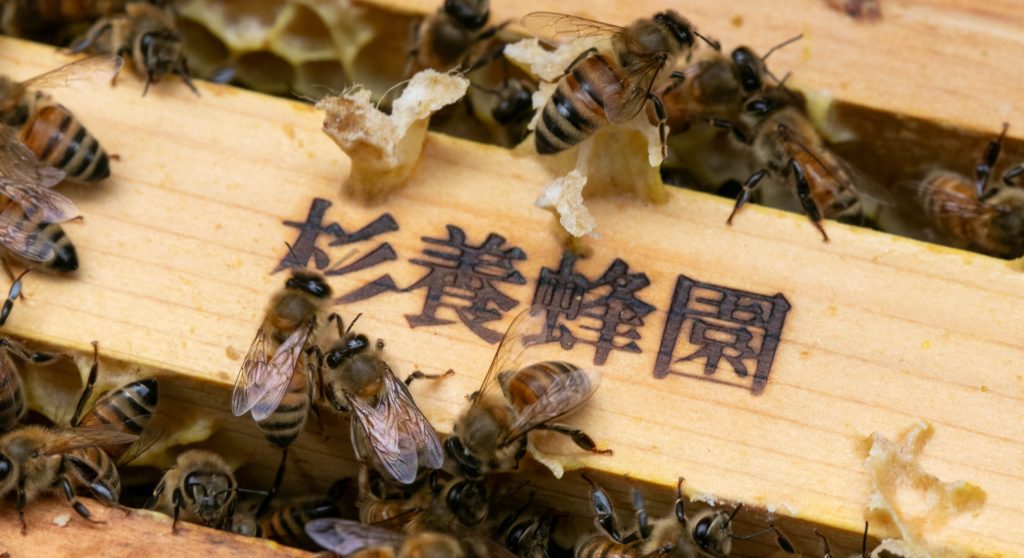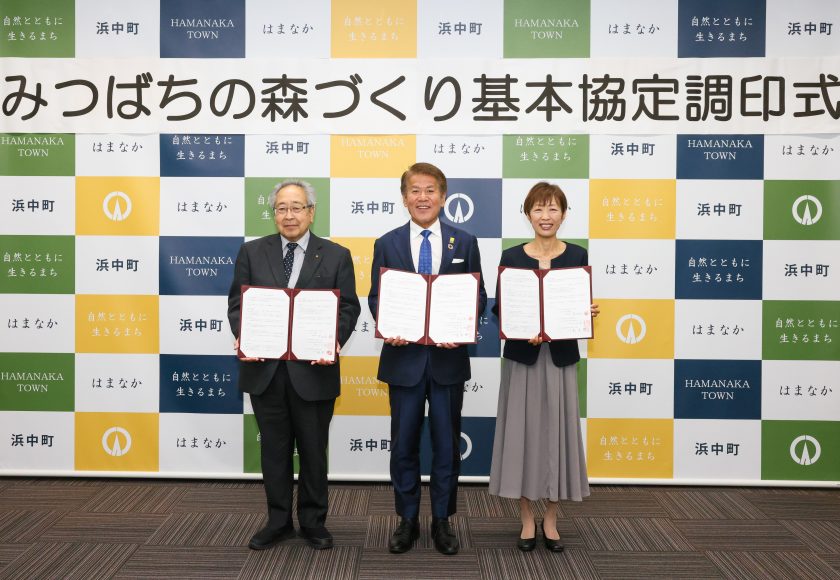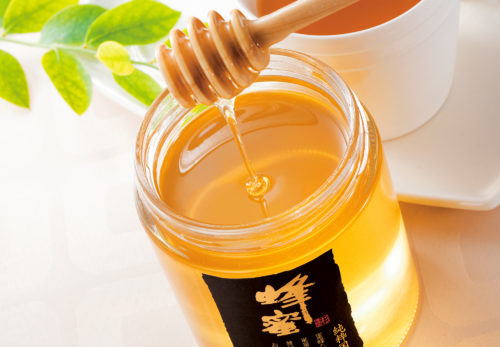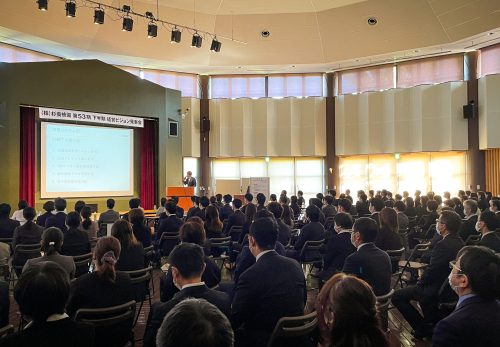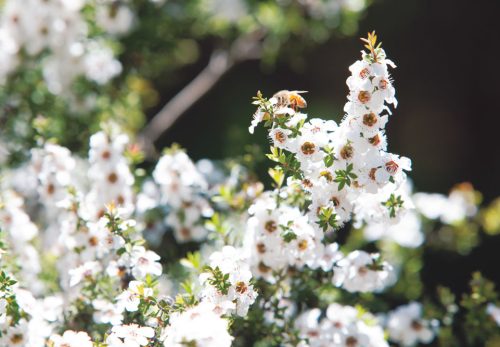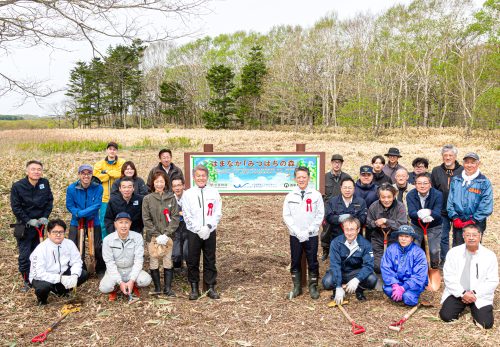Twenty years have passed since we started mobile beekeeping in Hamanaka, Hokkaido.
Hokkaido, which should be cool and comfortable for honeybees that are sensitive to heat, has been hit by a series of extreme heat in recent years, causing great hardship for them.
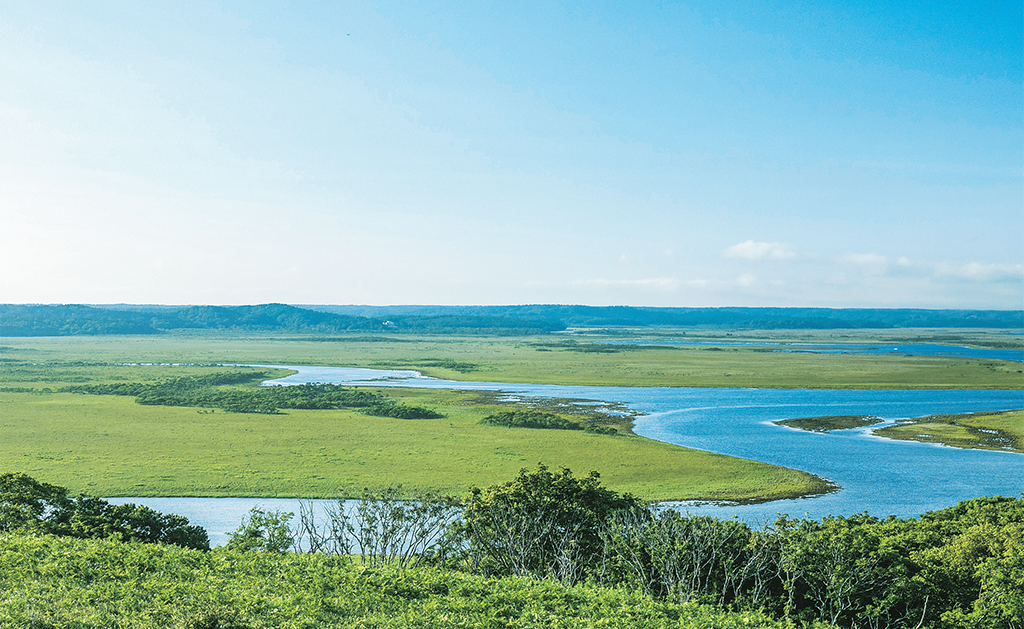
How can we pass on Hokkaido's rich natural environment to the future amidst this climate change? This time, we at SUGI BEE GARDEN had the opportunity to meet with people in Hama-naka Town, one of Hokkaido's leading dairy towns, and those working to preserve the Kiritappu Marshland, whose natural environment is protected by international treaty, for future generations, and exchange thoughts and opinions on environmental conservation.

Then, on Friday, September 22nd, the Hama-naka Town Hall, the NPO Kiritappu Wetland National Trust, and SUGI BEE GARDEN signed a Basic Agreement for Creating a Honeybee Forest.
The purposes of the agreement are to "conserve Hokkaido's forests" and "secure honey sources."
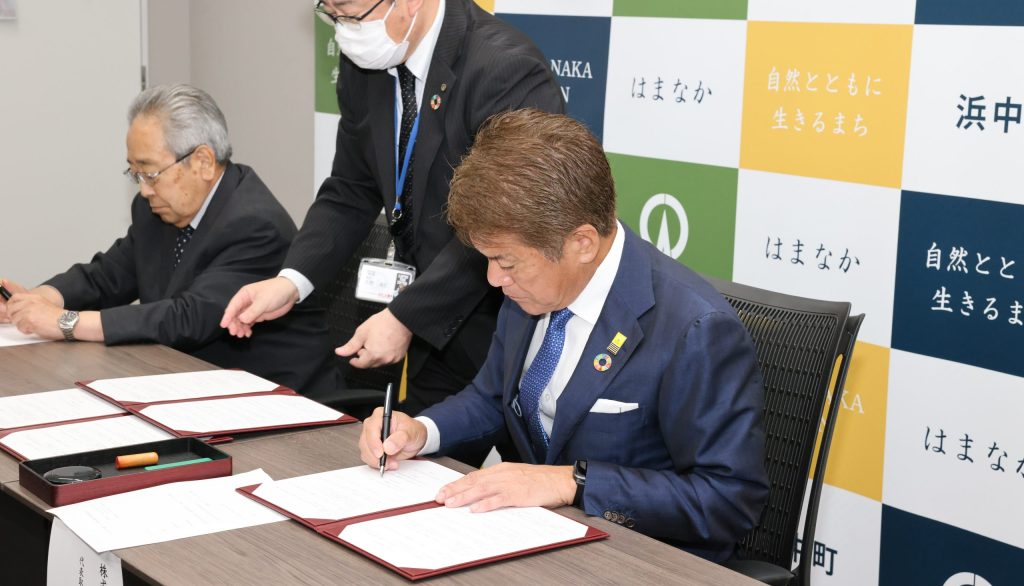

Specific activities include maintaining the forest under the agreement and planting about 200 linden and amplexica trees per year. In addition to conservation activities, we will also work on creating honey sources, which are the origin of honey.
Based on the experience we have gained from more than 70 years of beekeeping, we will continue to act with the mission of preserving the global environment so that humans and honeybees can live healthily.
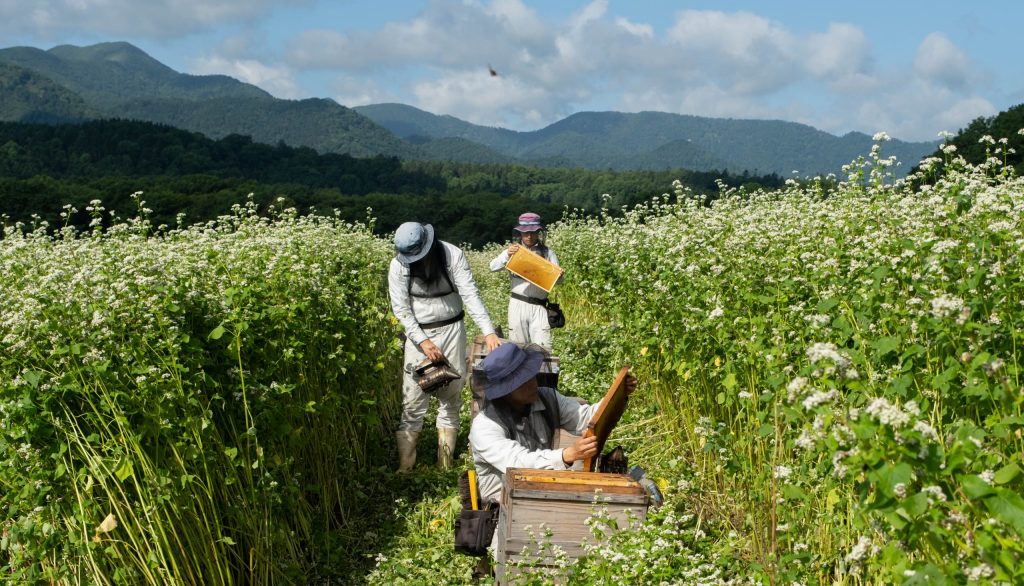
(Beekeeping club members working in a buckwheat field in Hokkaido)
